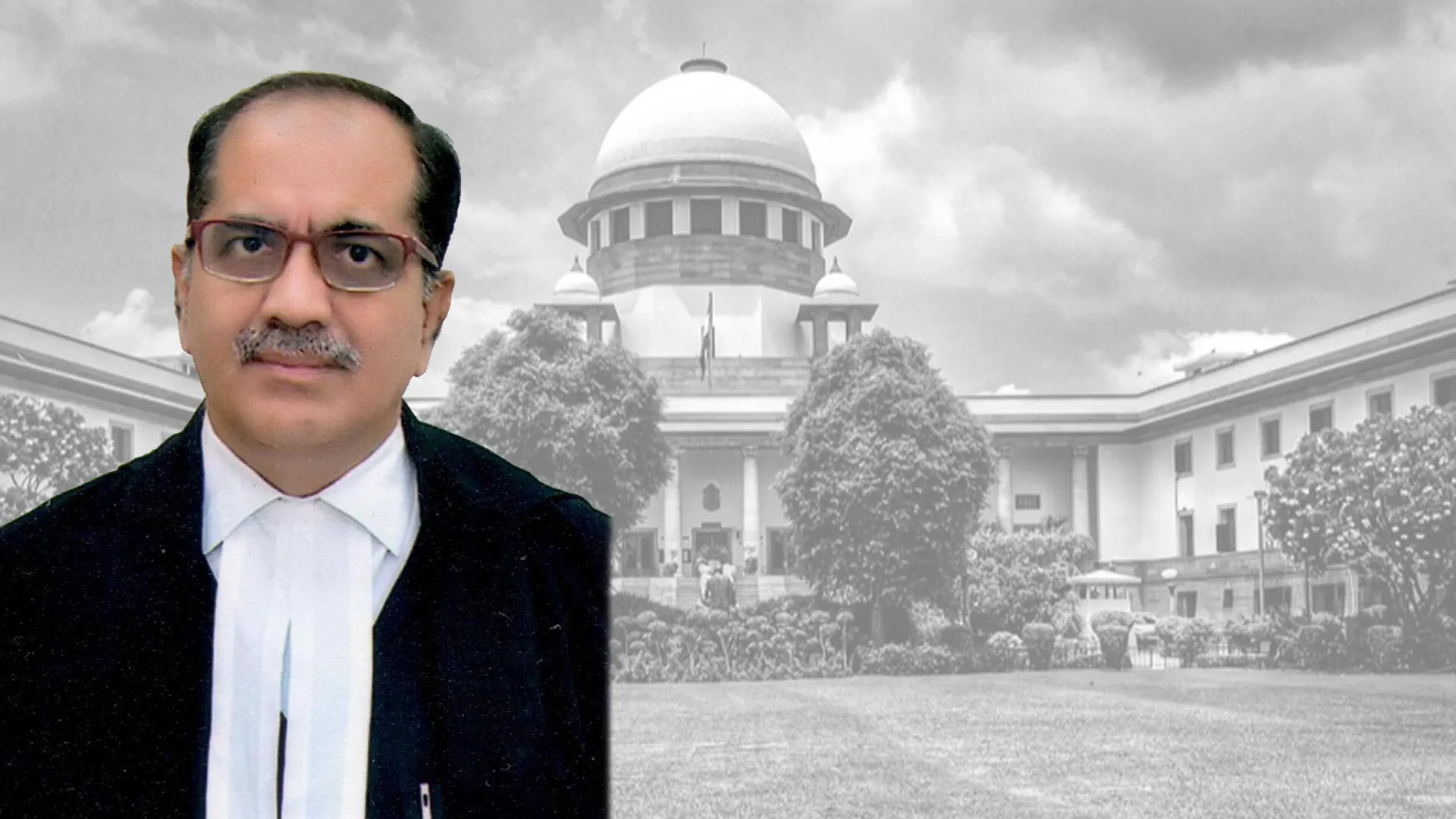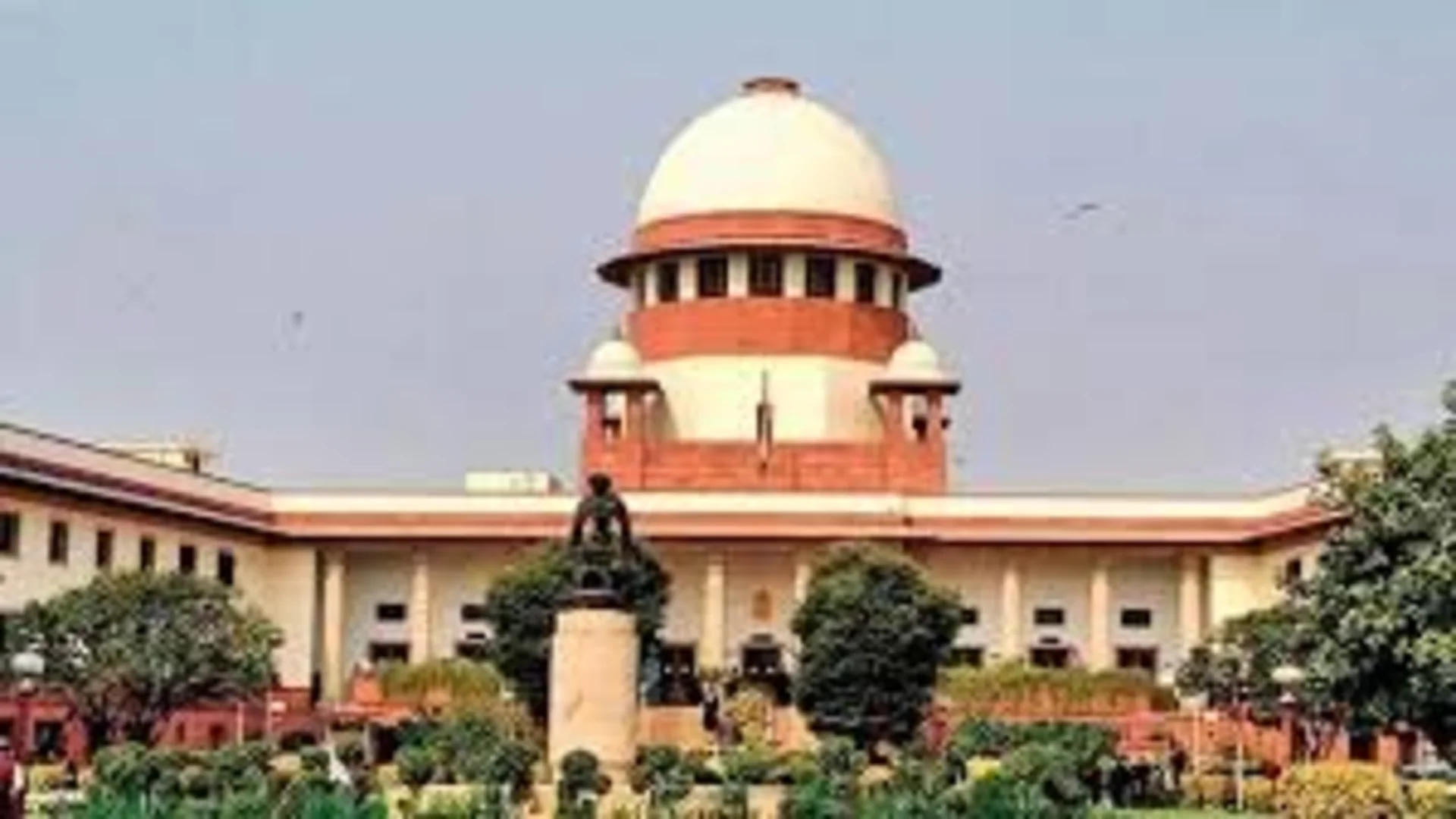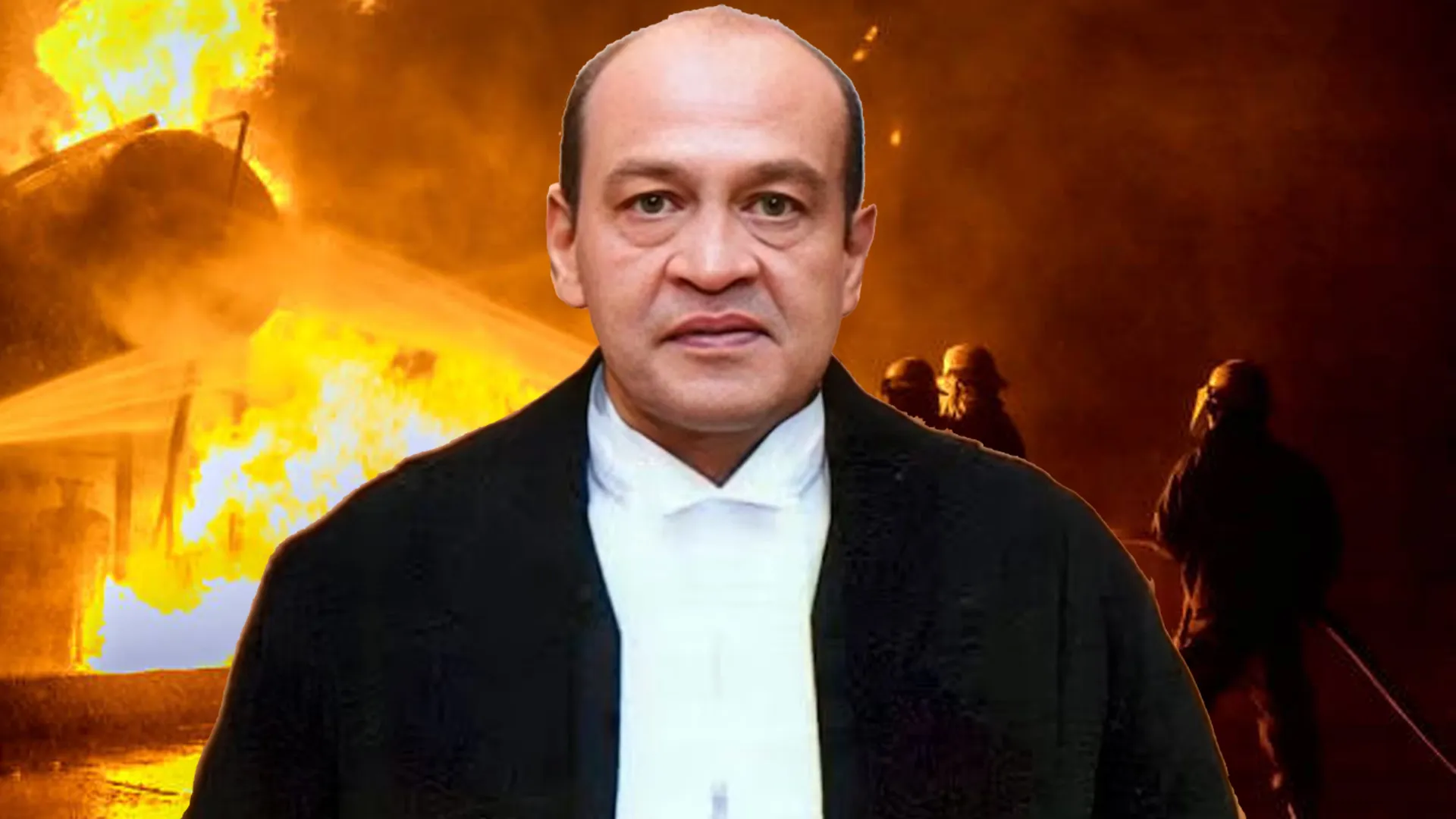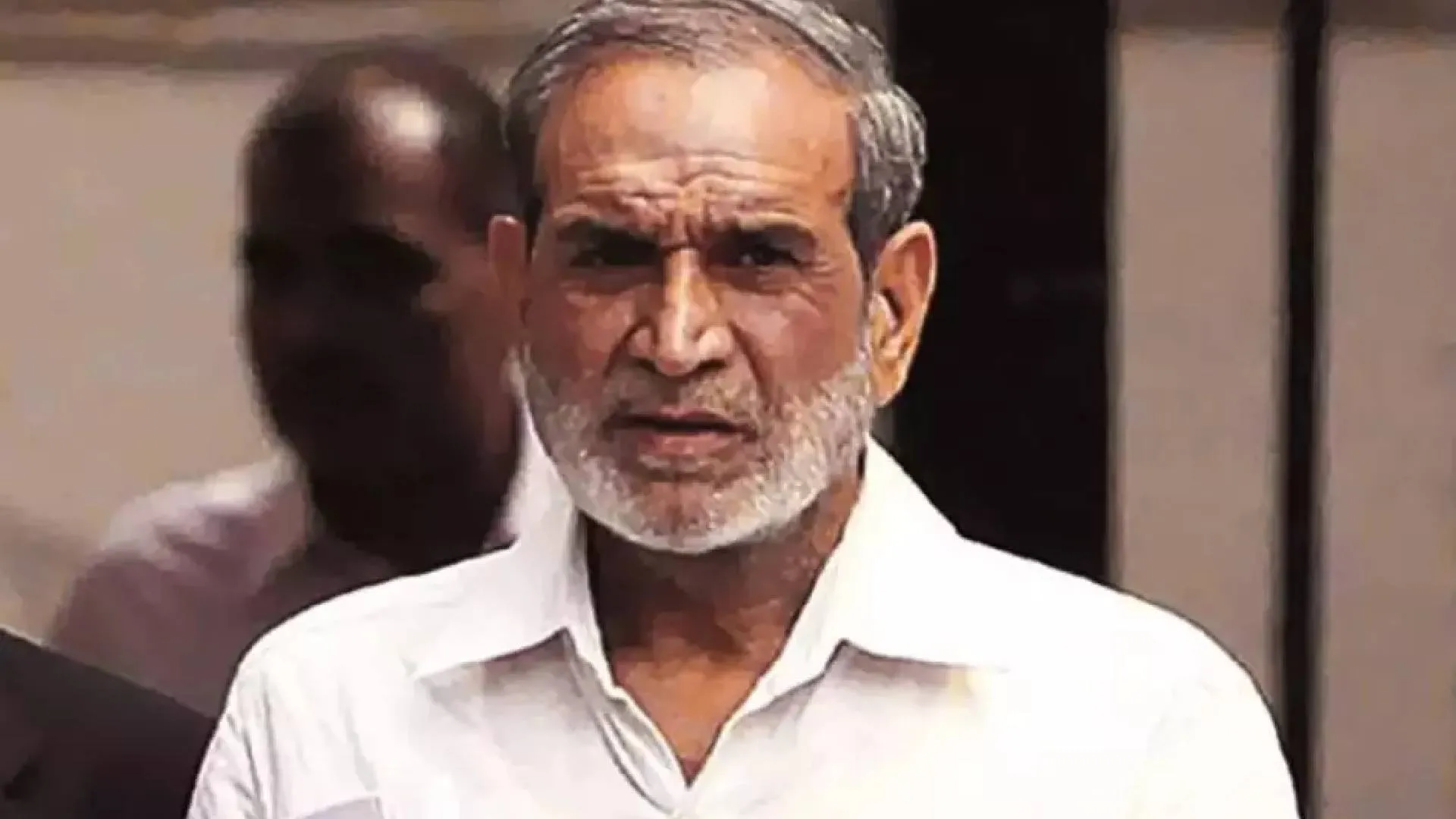The Supreme Court dismissed a public interest litigation (PIL) on November 29. The PIL sought nationwide regulations to ensure the quality of prasad and food at religious places.
Court’s Response
A bench of Justices BR Gavai and KV Viswanathan heard the case. Senior Advocate Dama Seshadri Naidu argued for enforceable guidelines across India. However, the bench pointed out that existing laws could address the issue.
When Naidu claimed that Food Safety and Standards Authority of India (FSSAI) guidelines were not binding, the court advised him to make a representation to the FSSAI. Justice Gavai emphasized the judiciary must respect its boundaries, referencing Prime Minister Narendra Modi’s statement on Constitution Day about the Executive doing the same.
Issues Raised in the Petition
The petitioner, Preeti Harihara Mahapatra, highlighted the need to regulate prasad for public health and hygiene. Several concerns were presented:
- Decline in Quality During Festivals: During busy times, prasad quality often drops due to high demand and limited supply.
- Cases of Adulteration:
- In 2023, tests during Shrawani Mela at Baba Baidyanath Temple in Jharkhand revealed 65 adulterated samples.
- Authorities seized 2,820 kg of substandard ghee worth ₹8 lakh at Gujarat’s Ambaji Temple during prasad preparation.
- Tests at Tirumala Tirupati Devasthanam found animal fat, including lard, in ghee supplied for prasad.
- FSSAI Report Findings: The FSSAI Annual Report (2020-21) revealed that 28.56% of food samples tested were adulterated or misbranded. Uttar Pradesh, Jharkhand, and Tamil Nadu showed the highest rates of adulteration.
- Non-Compliance with Past Judgment: The petitioner referenced the Swami Achyutanand Tirth v. Union of India case, where the court directed measures against milk adulteration. She argued that these directives were not fully enforced.
Concerns About FSSAI Guidelines
The plea criticized FSSAI’s BHOG (Blissful Hygienic Offering to God) initiative. Though it aims to improve hygiene at religious places, the guidelines are voluntary. As a result, many temple trusts ignore them.
Broader Issues
The petitioner also raised additional concerns:
- Religious Affiliation of Temple Managers: She claimed that some managers are not practicing Hindus.
- Temple Land Encroachments: She alleged that Tamil Nadu’s state governments allowed temple lands to be encroached upon for political benefits.
Final Decision
The Supreme Court dismissed the PIL, suggesting that the petitioner explore other solutions. The court advised taking the matter to FSSAI or other authorities for appropriate action.























